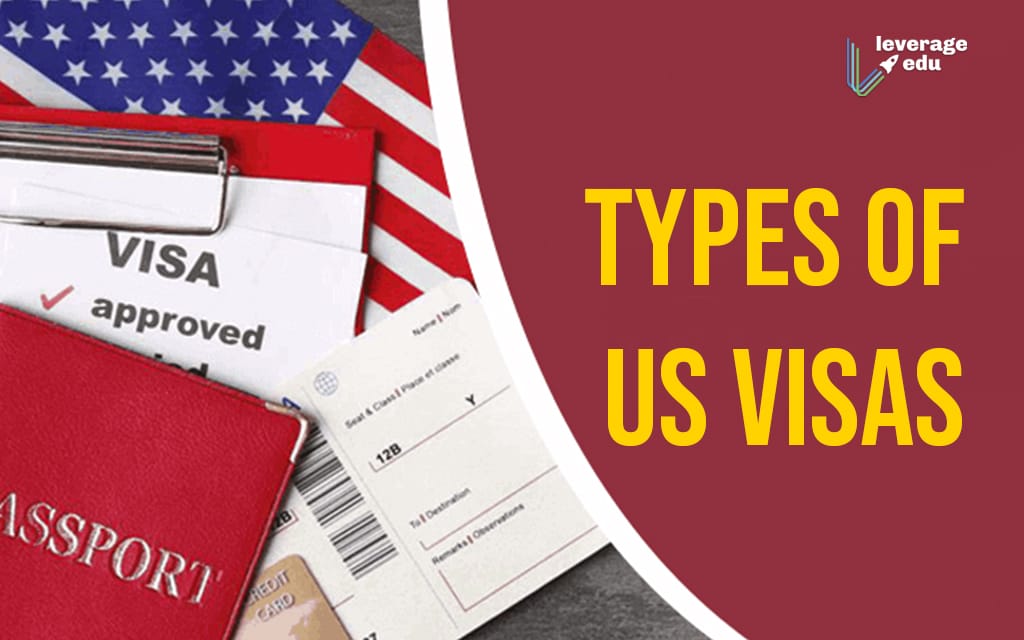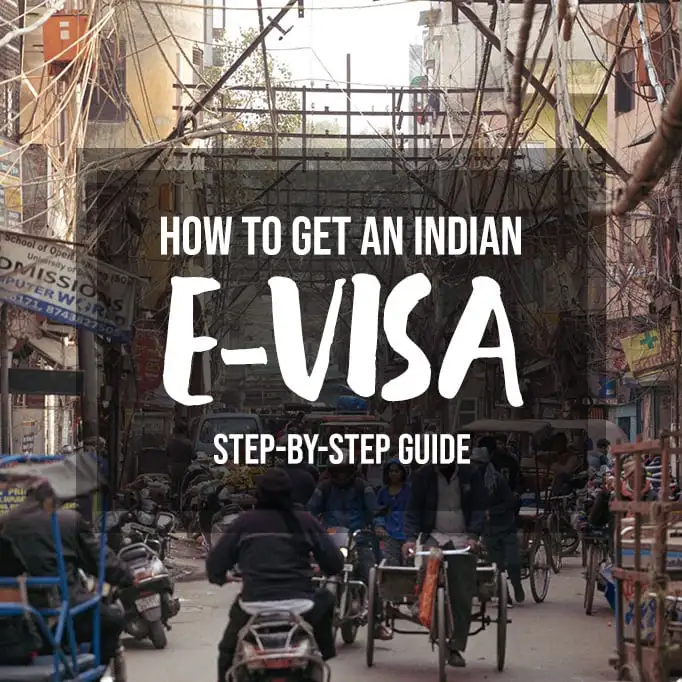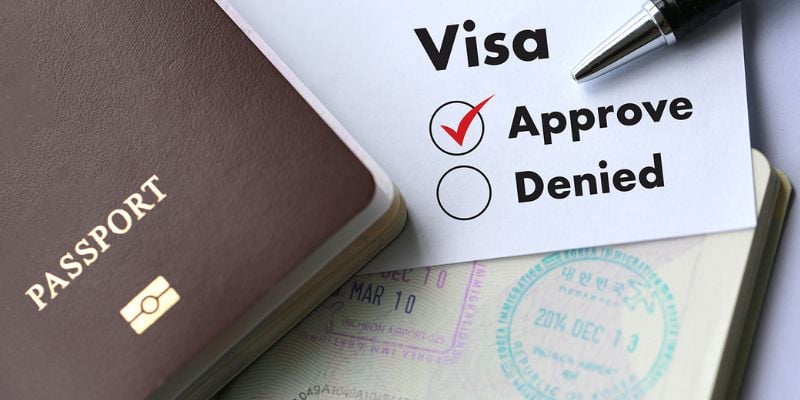Are you dreaming of exploring the vibrant culture and breathtaking landscapes of Turkey as a citizen of the Bahamas? Well, before you start packing your bags and booking flights, it’s important to understand the visa requirements and restrictions that apply to your travel plans. In this blog post, we’ll dive into everything you need to know about obtaining a Turkey visa as a Bahamian citizen. From essential documents to application procedures and potential limitations, we’ve got you covered. So let’s unravel the intricacies together and embark on an unforgettable Turkish adventure! Turkey Visa for Bahamas Citizens
What is the Turkey Visa?
The Turks and Caicos Islands are a British Overseas Territory located in the Atlantic Ocean. As such, residents of the Bahamas are eligible to apply for a Turkish visa. In order to qualify, you must be a citizen of the Bahamas, have a valid passport, and meet all other requirements set by Turkey.
Requirements for a Turkish visa vary depending on your nationality. All applicants require a valid passport that is valid for at least six months after your planned stay in Turkey. You also need to provide proof of financial security, health insurance, and sufficient funds for your stay. Some documents that may be required include your passport photo, a copy of your birth certificate or citizenship card, and evidence of residency in the Bahamas (e.g., utility bills).
Once you have submitted all required documentation and paid the appropriate fees, your Turkish visa will be issued. It is important to remember that Turkish visas are not automatically granted; you will need to submit an application form along with the required documentation. If you are denied a visa due to insufficient documents or failed health checks, you may be able to appeal the decision. Turkey Visa for Barbados Citizens
Requirements for a Turkish Visa
The Turkish government has strict visa requirements for citizens of countries that do not have a mutual visa agreement with Turkey. Citizens of countries that do not have a visa-free agreement with Turkey are required to obtain a visa prior to traveling to the country. The type of visa required will depend on the duration of your stay in Turkey and any accompanying travel plans.
Citizens of most countries can travel to Turkey without a visa for up to 90 days. However, citizens of the following countries must obtain a tourist visa before traveling to Turkey: Afghanistan, Algeria, Angola, Belarus, Burundi, Cameroon, Chad, Congo DRC, Cuba, Ethiopia, Gambia, Ghana, Haiti, Honduras, India (except Jammu and Kashmir), Iran (except Qeshm Island and select provinces), Iraq, Kenya Somalia South Sudan Sudan*, Sri Lanka*, Syria Tanzania Uganda Zimbabwe*.
To apply for a Turkish visa you will need:
-Your passport valid for at least six months after your planned departure from Turkey
– photocopy of your passport page including your entry and exit points
– Photographs (2) 3×4 inches size taken against light background
– Proof of Travel Insurance
– Payment in Euros or US Dollars (no currency conversion is provided)
– Original letter from your employer/school stating dates of planned stay in Turkey
Who can apply for a Turkish Visa?
Turkey is a European Union (EU) member country and has open borders with many of its neighbors. The visa-free regime applies to citizens of the following countries: Albania, Andorra, Armenia, Australia, Bahrain, Belarus, Bosnia and Herzegovina, Brunei Darussalam, Canada, Croatia, Cyprus, Czech Republic, Denmark, Estonia, Finland, France*, Germany*, Greece*, Hungary*, Iceland*, Ireland*, Italy*, Japan*, Kazakhstan*, Latvia*, Liechtenstein* Lithuania*, Luxembourg* Malta*, Mexico* Monaco Montenegro*, Netherlands* New Zealand* Norway* Oman* Paraguay Peru** Philippines Poland Portugal Qatar Romania Russia San Marino Saudi Arabia Serbia Singapore Slovakia Slovenia Spain Sweden Switzerland Thailand Turkey United Arab Emirates United Kingdom (UK) Vatican City State Venezuela There are some restrictions for certain nationalities. For example: US citizens must show a valid passport; Canadian citizens must have a visa if they intend to stay more than three months; British nationals require only a valid passport to enter Turkey but need to carry proof of onward travel (such as an onward ticket), Health insurance in Turkey is not available on the NHS and you will need to purchase private health insurance before travelling. Citizens of China require a visa if they intend to stay more than 90 days. For more information please see our comprehensive guide to Turkish visas or consult the nearest Turkish embassy or consulate. If you have any further questions please do not hesitate to contact us at info@bahamasvacationrentals.
How to Apply for a Turkish Visa
If you are a citizen of the Bahamas, you can apply for a Turkish visa at your nearest Turkish embassy or consulate. The application process is fairly simple, but there are some important requirements and restrictions that you should be aware of.
First, you will need to provide documentation that proves your citizenship and identity. This includes your passport, birth certificate, and any other relevant documents.
Next, you will need to provide evidence of your financial stability. This includes bank statements, proof of income, and a letter from a financial institution confirming that you have enough money to cover the cost of your stay in Turkey.
You will need to provide documentation supporting your travel intentions. This includes a letter from an airline or tour company specifying the dates and duration of your trip, as well as proof of onward/return tickets.
What are the Restrictions for a Turkish Visa?
Turkish citizens must have a valid passport with at least six months remaining before the planned departure date of the tourist visit. Turkish citizens must also present an onward/return ticket, proof of sufficient funds for their stay, and proof of invitation or sponsorship from a Turkish citizen or company. Additionally, Turkish citizens are not allowed to work in Bahrain, Kuwait, Oman, Qatar, Saudi Arabia, and the United Arab Emirates.



